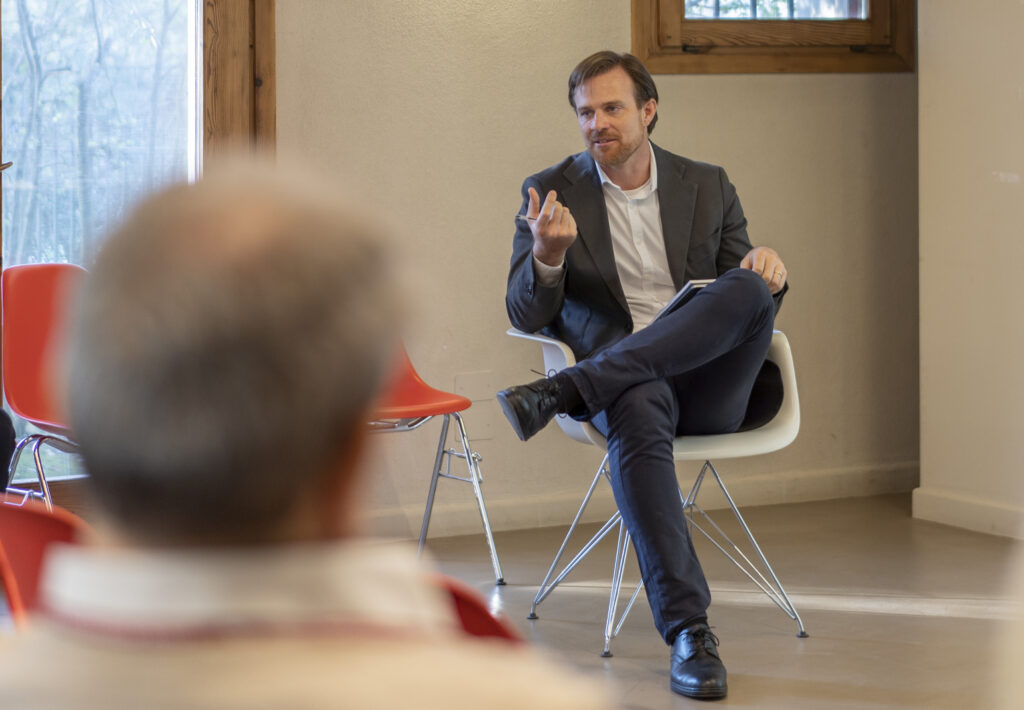Dear Parents,
I would like to celebrate the progress our children have made in English and maths over the past year and to thank our teachers for the transformational work they do every day.
I have had many conversations over the past year with teachers, parents and students on assessment. Assessment allows us to draw inferences about learning. Assessment makes learning visible. As teachers, we want to know who is learning what so that we know what to teach next. As parents, we want to know if our child is learning and also, how learning in this school compares to the learning in other schools. Students want to know if they are on track to reach their learning goals.
One of the best ways of monitoring learning progress is to look at a portfolio of student work. Is what they are able to produce this year better than what they were able to produce last year? Looking at a student’s progress through a portfolio gives us the most comprehensive picture of their learning progress.
But this method (focusing on an individual learner) is less helpful for us, as a school, in identifying areas for systemic improvement. Portfolio assessment presents challenges when it comes to understanding how our students are doing compared to other students their age in similar circumstances. That is why we turn to standardised tests such as the International Schools Assessment, which tests over 60,000 students across 60+ countries. This is our second year completing this assessment. As was the case last year, our MYP 1, 3 and 5 students took the tests. This allows us a good picture of the level of students coming into the MYP as well as the level of academic preparation our students have for the IBDP. The primary purpose of this test is to help teachers and school leaders to reflect on our curriculum and assessment standards.
I am happy to report that we are completely in line or even ahead of like international schools. This is the case for both mathematics and English reading. The one exception to this is our MYP 5 students, who performed significantly better than ‘like international schools’ in both maths and reading. What this means is that, by the time our students in MYP 5 hit the IB Diploma Programme, we have clear and objective evidence to support the assertion that our students are better prepared for this challenging course of study than students in most international schools.
Another way of looking at these results over 3 MYP year groups is to say that students learned the typical amount that would have been expected over the past 9 months PLUS another 2-3 months of learning.
What matters to me, and to my colleagues, is NOT just that students are doing better on these tests, but that they continue to seem very happy learning at school. This assertion also seems to be supported by wellbeing surveys we have carried out with our students.
Thankfully, there is always more to learn. But I want to make sure that the teachers and students who work so hard every day to make learning happen know that assessment experts who don’t know our students or our school share our belief that this is a wonderful place to learn, and that, as a community of learners, we are even more knowledgeable and competent than we were last year.
Kind regards,
Conan de Wilde

